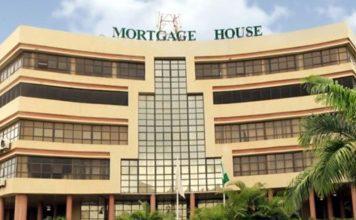Following the high cost of building materials, the Operators in the building environment has noted that the recapitalization of the Federal Mortgage Bank of Nigeria was long overdue.
Toye Eniola, the Executive Secretary of the Association of Housing Corporations of Nigeria, said in an exclusive interview with the Newsmen that the recapitalization of FMBN was inevitable given the current economic situation.
He asserted, “The prices of building materials and construction have gone up and more funds would be required in the system. Recapitalization will assist FMBN in creating adequate and more mortgages to service affordable housing provision and create a vibrant mortgage market in Nigeria.
“FMBN loan is a single digit of six percent interest and recapitalization will not make any difference because it is a special loan backed by law and would only be changed by the same law that established it. However, recapitalization of FMBN cannot guarantee a single-digit interest rate in the general mortgage market because of the monetary policy and capital market forces dictated by government lending rates and where mortgage institutions are sourcing their funding.”
Also speaking, Abdulfatai Garba, a realtor with eXp Realty LLC, stated that the FMBN was one of the necessary steps to achieve affordable housing in Nigeria.
He said, “Since the current administration is determined to provide affordable homes to Nigerians, it can revisit and change the law and policy to recapitalize FMBN and make it a solvent institution that can help the masses. Recapitilising FMBN is one of the steps necessary to achieve affordable housing in Nigeria.
“Recapitalizing FMBN is not going to guarantee a single-digit loan across the board in Nigeria but will create an opportunity for competition that would make the double-digit lenders seat up. Look at the recent case of Air Peace. Did you see how the airlines were cutting their prices? Competition creates an atmosphere where everyone would give their best, which ultimately might benefit the consumers, who are the ordinary Nigerians.”
